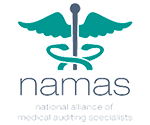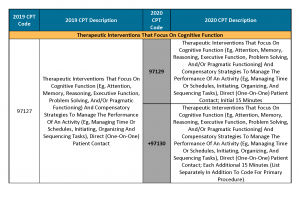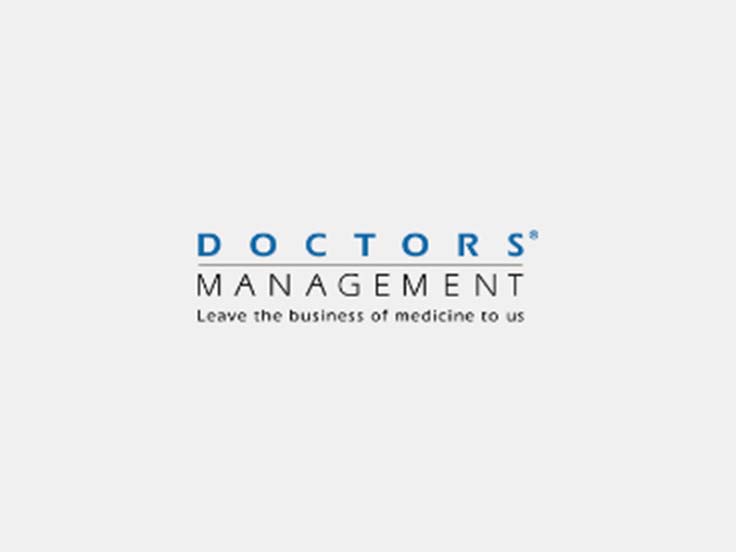David Glaser
This auditing and compliance “Tip of the Week” was originally published by the National Alliance for Medical Auditing Specialists (NAMAS), a division of DoctorsManagement.
Skepticism is a vital trait in the coding and billing process. Constant questioning is necessary because when you receive guidance from consultants and contractors it may be both clear and categorical, but it’s possible that upon objective review, you will realize it is also cockamamie.
For example, one contractor has issued a policy claiming that only licensed professionals can document in a medical record. Give that a moment’s thought. If a patient completes the history form, is it permissible to include that form in the medical record? Of course. While it is possible that some patients will also be licensed medical professionals, the vast majority of patients are not. That doesn’t prevent their notes from being in the record. Medical students and transcriptionists have been putting information in medical records since the beginning of time. While the fact that “everyone does it” isn’t proof of a practice’s legality, it certainly offers insight into the perception of the law. And I can assure you that in this case, the contractor’s purportedly authoritative statement that only licensed people may document is a bunch of bunk.
Anti-coagulation clinics/lipid clinics have prompted many coding questions, particularly involving the medical necessity of visits. I will readily acknowledge that the question of when it is appropriate to bill for the management of the patient is complicated, and reasonable people may differ about whether a particular visit is medically necessary. However, one oft-repeated statement from contractors and consultants is entirely erroneous: They assert that unless there was a change in the treatment plan, the visit is not medically necessary. They do not support this statement by pointing to any medical statute or regulation, or even at a manual provision. Instead they’re making a claim that unless a medical visit results in a change to the plan of care, it’s not medically necessary. Consider the impact if that ridiculous reasoning were true. A patient with chest pain presents in the ED worried she’s experiencing a myocardial infarction. The ED staff runs a battery of tests before determining there is no cardiac problem. The patient is sent home. If the claim that a change in treatment plan was necessary to support the medical necessity of a visit, that entire encounter was not billable. Obviously, that is untrue.
In a highly regulated industry like health care, one cannot safely use logic alone to determine whether a particular practice is permissible. It is necessary to research the applicable laws and regulations. But the fact that one cannot rely on reason alone does not obviate the value of critical thinking. The skepticism is important even when dealing with guidance from contractors, manuals, and opinions from supposedly experts, including lawyers and consultants. The fact that someone has numerous certifications after their name, or years of experience does not mean that they are correct. Nor does the fact that they have a contract with the Medicare program assure their aptitude. In fact, in litigation where the government had not followed guidance in the Medicare Manuals, the government lawyers offered exactly the same advice I am providing here: You rely on the information at your own peril. In court, the government has said “it is wrong to rely on government manuals.”
Where does this leave you? Make certain that when you use lawyers and consultants you choose professionals who will think independently, carefully analyze the text, and don’t think that “research” is asking someone else what the law is. Ask prospective consultants and lawyers to tell you examples of situations where they helped a client realize that they were relying on an erroneous government policy. If the consultant or lawyer can’t name some examples, the odds are that you would be better off hiring someone else.

This Week’s Audit Tip Written By:
David Glaser
Mr. Glaser is a shareholder in Fredrikson & Byron’s Health Care Group and co-founded its Health Care Fraud & Compliance Group.
What to do next…
- Contact us to discuss your audit needs by calling (800) 635-4040 or email [email protected].
- Read more: What can you expect from a coding and compliance review?
Here’s why thousands of providers trust DoctorsManagement to help improve their coding and documentation.
Quality of coders and auditors. Our US-based auditors receive ongoing training and support from our education division, NAMAS (National Alliance of Medical Auditing Specialists). All team members possess over 15 years of experience and hold both the Certified Professional Coder (CPC®) as well as the Certified Professional Medical Auditor (CPMA®) credential.
Synergy – DoctorsManagement is a full-service healthcare consultancy firm. The many departments within our firm work together to help clients rise above the complexities faced by today’s healthcare professionals. As a result, you receive quality solutions from a team of individuals who are current on every aspect of the business of medicine.











